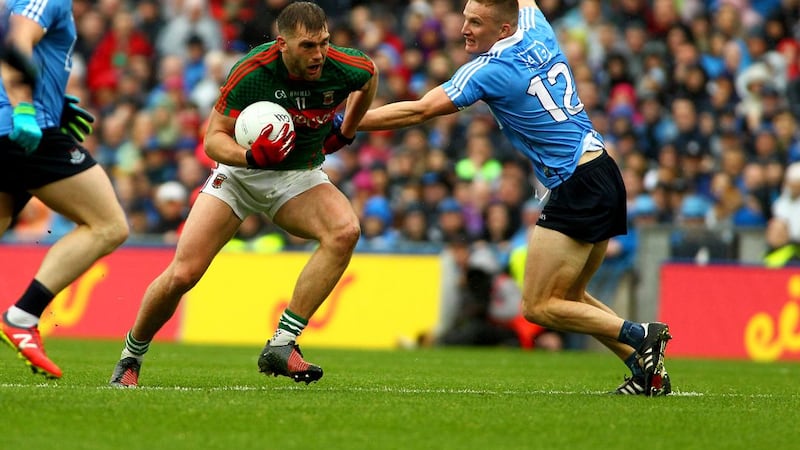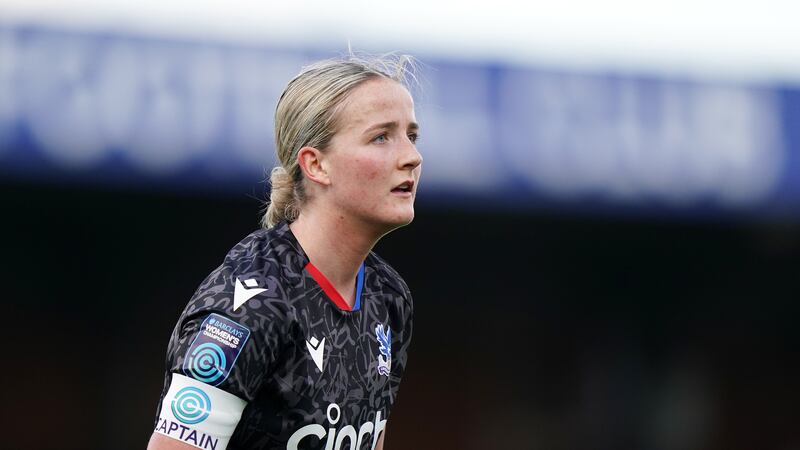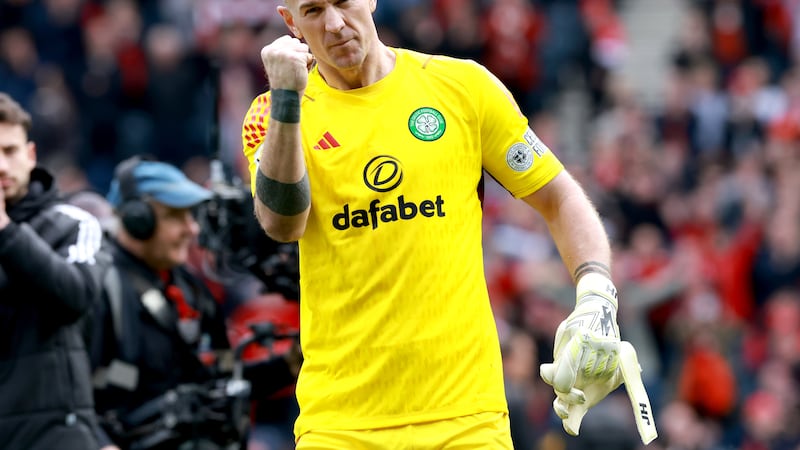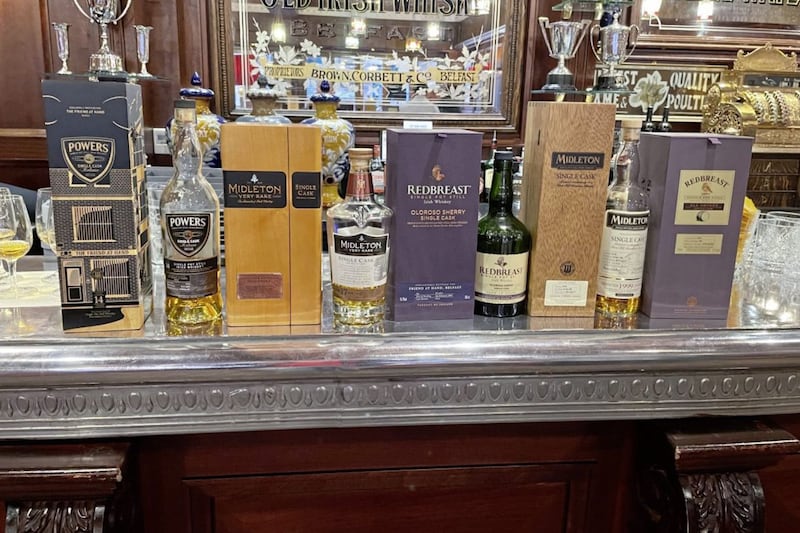MAYO'S senior footballers may not quite have turned themselves into legends last Sunday, but at least a few myths were laid to rest.
Ironically, the All-Ireland senior football final ending in a draw surely showed there’s not much merit in the old jibe of ‘Grab All Association’ occasionally directed at the GAA. How so, given the second meeting of Dublin and Mayo is expected to accrue around £3.8million (€4.5m) in gate receipts?
Well, this was the first drawn football final in the entire Qualifier era, going back 16 years, and there’ve been quite a few close encounters that could conceivably have been ‘helped’ towards a money-spinning replay in that time. More than half (eight) of the 15 previous finals this millennium finished up with three points or less between the teams - in other words, one score would have turned the game into a draw.
Four of those finals had just a point between the teams, rather than requiring a goal to force a replay. Sure, the new football format introduced for the 2001 campaign ensured a lot of extra games anyway, but many of those don’t turn much of a profit. All-Ireland finals (and replays) are the real cash cows, but the GAA hasn’t milked an extra one in football since Kerry and Galway met twice in 2000.
Indeed, it’s probably bad timing for the GAA to have this high-profile replay, given the groundswell of opinion complaining about the damage being done to the club scene by the length of the inter-county season. Presumably, the club senior football championships in Dublin and Mayo have been put on hold once more and there’ll be plenty complaining about that, even in other counties unaffected by the Croke Park rematch on October 1.
Yet, given the football final is always the last major men’s inter-county game of the year, perhaps the cynicism should have been directed at wondering why we haven’t had more replays. There were 12 replays from 1888 to 2000, an average of one every nine years, so we definitely were entitled to expect one before now.
Perhaps part of the explanation is you would imagine it’s easier for a team in the lead to close out a game in football than in hurling, with players in that latter code able to score from far greater distances, increasing the scoring zone dramatically. However, although recent events might suggest otherwise, replays have tended to be a real rarity in hurling, perhaps because the camán code is higher-scoring.
Indeed, if I’ve checked the records correctly, there were only half-a-dozen hurling final replays up to and including 1959 (and one of those was the result of an objection relating to the 1905 Championship final). Even more astonishingly, more than half a century passed by before the next one, which was then followed by an amazing three in-a-row of hurling final replays from 2012 to '14. The regularity of that run of replays might make them stick in the head anyway, but drawn games do tend to be memorable, with both sets of supporters having reason to remember the match and even neutrals enlivened by the unusual outcome.
Having said that - and I can’t recall if I have mentioned before that I’m rather forgetful - I have no memories of that 2000 football draw between Kerry and Galway. Checking the back files of this newspaper confirmed my presence - and interestingly, the back page lead complained about the questionable time-keeping which contributed to the draw. Referee Pat McEnaney, who was otherwise praised for his performance, allowed only 40 seconds of added-time at the end, despite substitutions, injuries and timewasting by the Kingdom, who were hanging on against a comeback from the Tribes men.
While we’re on that subject, another popular theory that shipped some damage last weekend was the idea referees favour Dublin in All-Ireland finals, at least in terms of time-keeping (We’ll not get into the issue of the difficulty referees from Munster have in correctly identifying pick-ups off the ground in finals involving Dublin).
Two of the closer finals of the modern era have resulted in one-point Dublin wins, their breakthrough against Kerry in 2011 and then again against poor Mayo three years ago. Had Conor Lane really been keen to ensure the Dubs retained their title, then he would have signalled far fewer than the seven minutes of added-time that was announced, to general astonishment and to Mayo delight.
Dublin were leading by two points in the 70th minute when the PA system called out the minimum number of extra minutes to be played. Even the most optimistic of Mayo supporters surely wouldn’t have hoped for any more than four minutes to be displayed on the board.
I’m not suggesting for a moment the Cork official got his time-keeping wrong, although he made plenty of other dubious calls. Indeed, he could clearly be seen signalling at one stage that he was keeping a note of the seconds wasted as Dublin took their time over a late free. However, seven minutes of added-time is possibly even rarer than a recent football final replay and almost as unlikely as two own goals in the same game.
Despite those first-half hammer blows that hit them hard, Mayo recovered to nail another myth, that this team is made up of ‘chokers’. Their fight-back against Dublin in last year’s drawn semi-final and their tussles with Kerry at the same stage the previous season should already have given the lie to that theory.
Mayo, in a sense, are the Andy Murray of Gaelic football, or at least Murray as he was before his major breakthrough in 2012. Just because you are unable to beat Roger Federer, Novak Djokovic or Rafael Nadal (for which read Kerry, Dublin or Donegal) in major finals, that doesn’t make you bad - merely not quite as good as the very best. Murray kept believing in himself, kept working and won the US Open in 2012 - and has since added two Wimbledon titles.
Mayo can follow suit - and we’ll understand if they have to choke back tears if they do.









